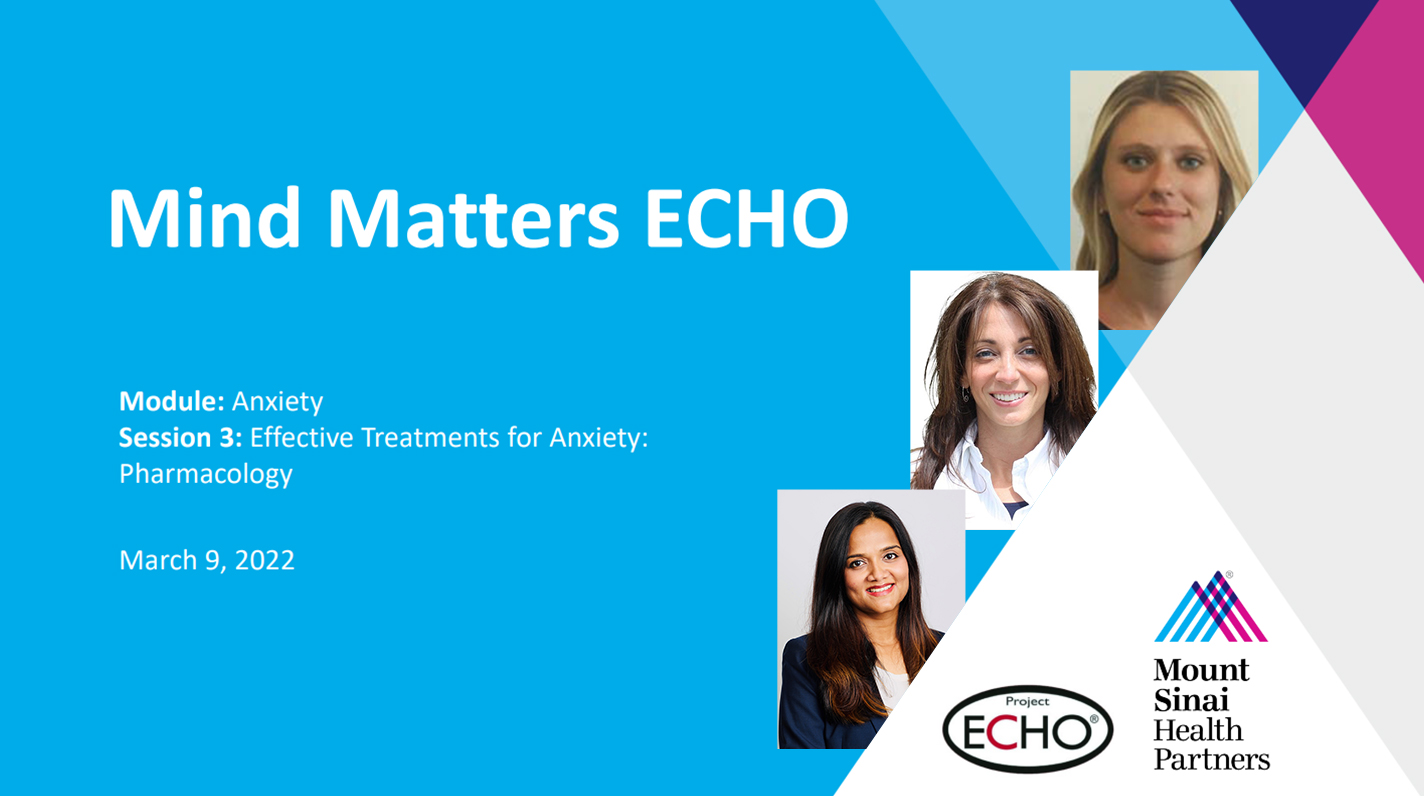
**Meditation Eyes Open or Closed: Investigating the Effects on Practice**
When starting the meditation journey, beginners frequently encounter numerous questions: from choosing the right technique to figuring out the ideal practice duration, and even selecting the most effective breathing methods. One essential yet frequently neglected inquiry is whether to meditate with eyes open or closed. While there isn’t a definitive answer, comprehending the advantages and potential downsides of each method can greatly impact your meditation experience.
**Meditating with Eyes Closed**
Meditating with closed eyes is arguably the most widely used technique. This method encourages inward reflection and provides several advantages:
1. **Intense Focus and Relaxation**: Closing your eyes reduces distractions from the external world, promoting an intense state of relaxation and concentration. This can be especially useful for beginners as they work on calming their minds and concentrating on their inner sensations.
2. **Enhanced Sensory Perception**: With sight temporarily removed, other senses like hearing and touch become more sensitive. This increased awareness can boost mindfulness and enrich the meditative experience.
3. **Simplified Visualization**: For those who use visualization methods, closing the eyes can facilitate the formation of mental images or scenarios, increasing the effectiveness of the practice.
4. **Decreased Overstimulation**: In our visually saturated environment, closing one’s eyes can offer a calming break, allowing the mind to relax and recharge.
Nevertheless, meditating with closed eyes can present some challenges. It may lead to:
1. **Drowsiness**: For certain practitioners, particularly novices, closing their eyes might induce sleepiness or even cause them to drift off.
2. **Avoidance**: Depending solely on closed-eye meditation might create a disconnection from the current reality, causing some to use meditation as a means of escaping life’s difficulties instead of a way to confront them.
**Meditating with Eyes Open**
Meditating with eyes open is less conventional but provides its own distinct benefits:
1. **Heightened Alertness**: Keeping the eyes open can help sustain alertness and avert sleepiness, potentially improving focus and clarity, especially during extended sessions.
2. **Strengthened Presence**: This method encourages staying anchored in the environment and can assist practitioners in integrating mindfulness more fluidly into daily life.
3. **Improved Observation Skills**: Open-eyed meditation promotes a non-judgmental examination of the surroundings, which can enhance observational abilities and increase the capacity to remain present in routine activities.
However, there are factors with open-eyed meditation that might create obstacles:
1. **Possible Distractions**: The external visual elements can be diverting, making it challenging for some to concentrate on their meditative focus or maintain inner peace.
2. **Reduced Sensory Withdrawal**: Without the inward focus enabled by closing the eyes, some may find it difficult to achieve deeper meditative states or fully engage with their inner sensations.
**Selecting the Appropriate Method**
Ultimately, both open and closed-eye meditations provide worthwhile experiences, and the decision primarily hinges on individual preference and objectives. Some practitioners may even opt to alternate between both techniques based on the context or their present needs. For example, beginning a session with eyes open to cultivate awareness and then closing them to explore deeper relaxation could create a well-rounded approach.
Experimenting with both methods will provide the insights required to enhance your meditation practice. Regardless of your selection, maintaining consistent practice and approaching meditation with an open mind and curiosity will lead to the most enriching results.